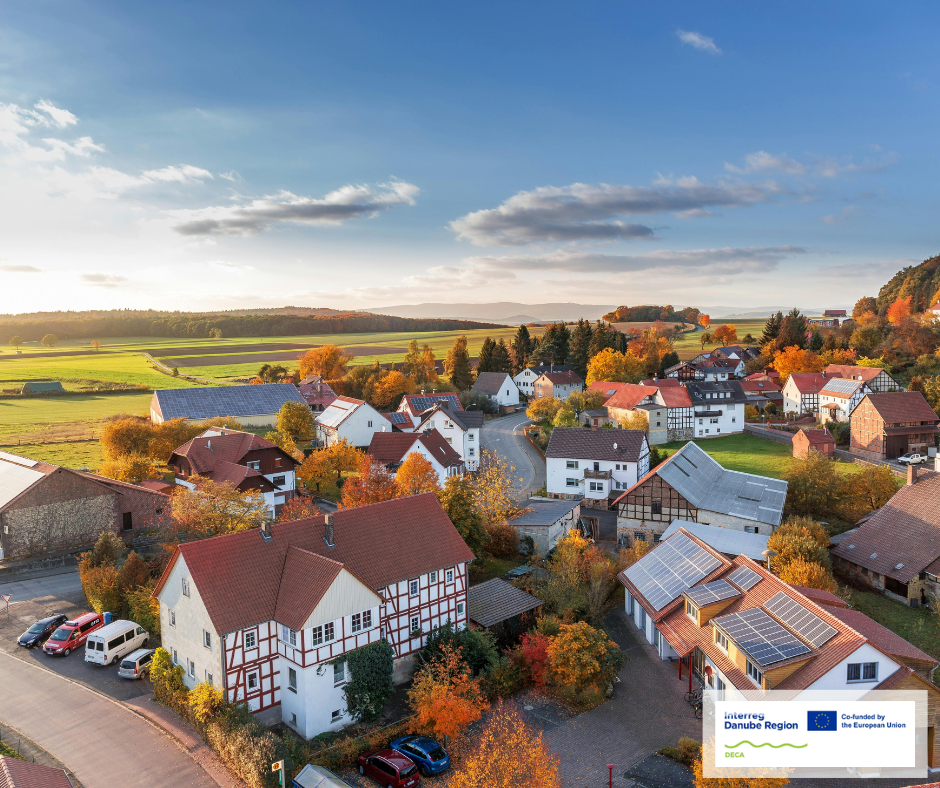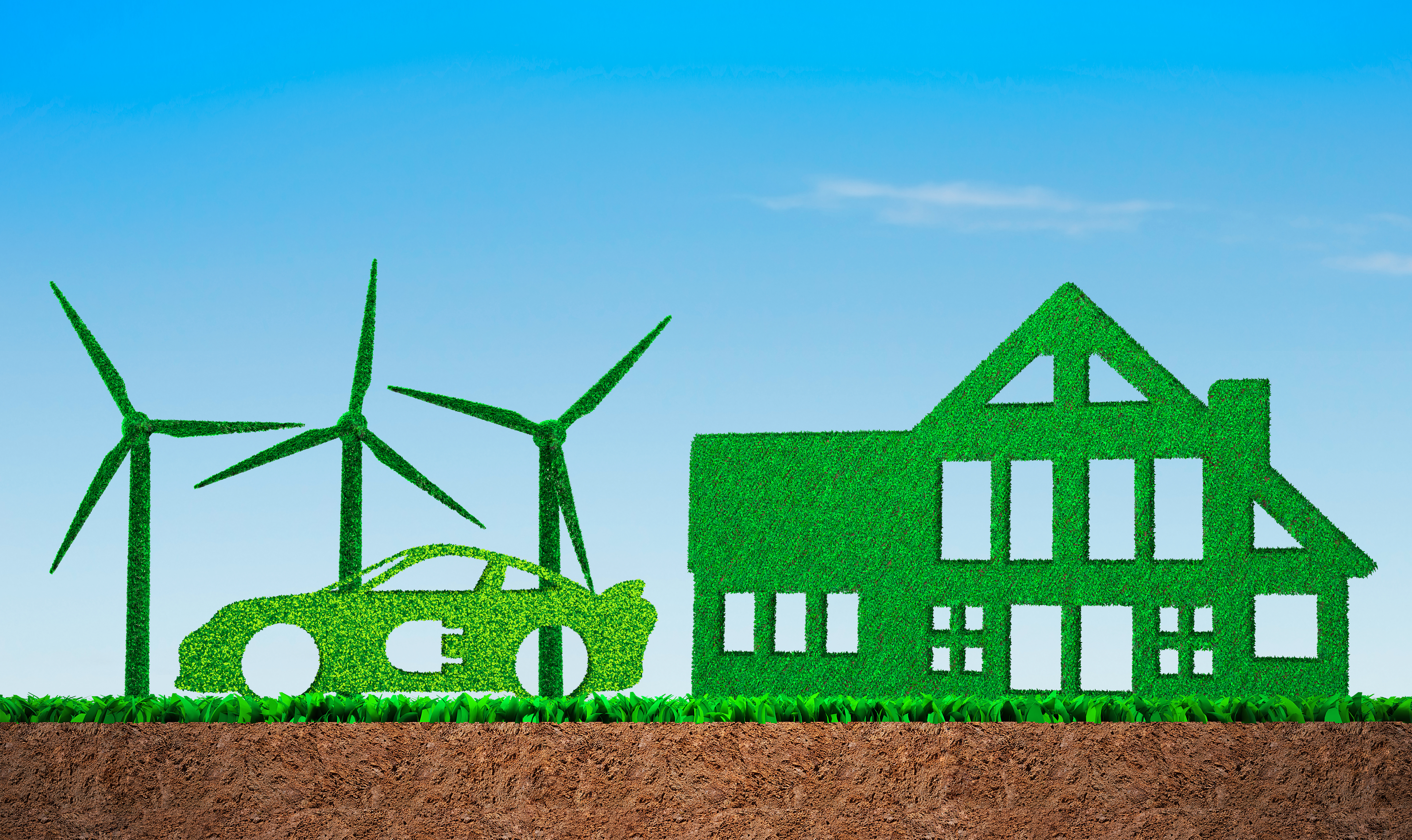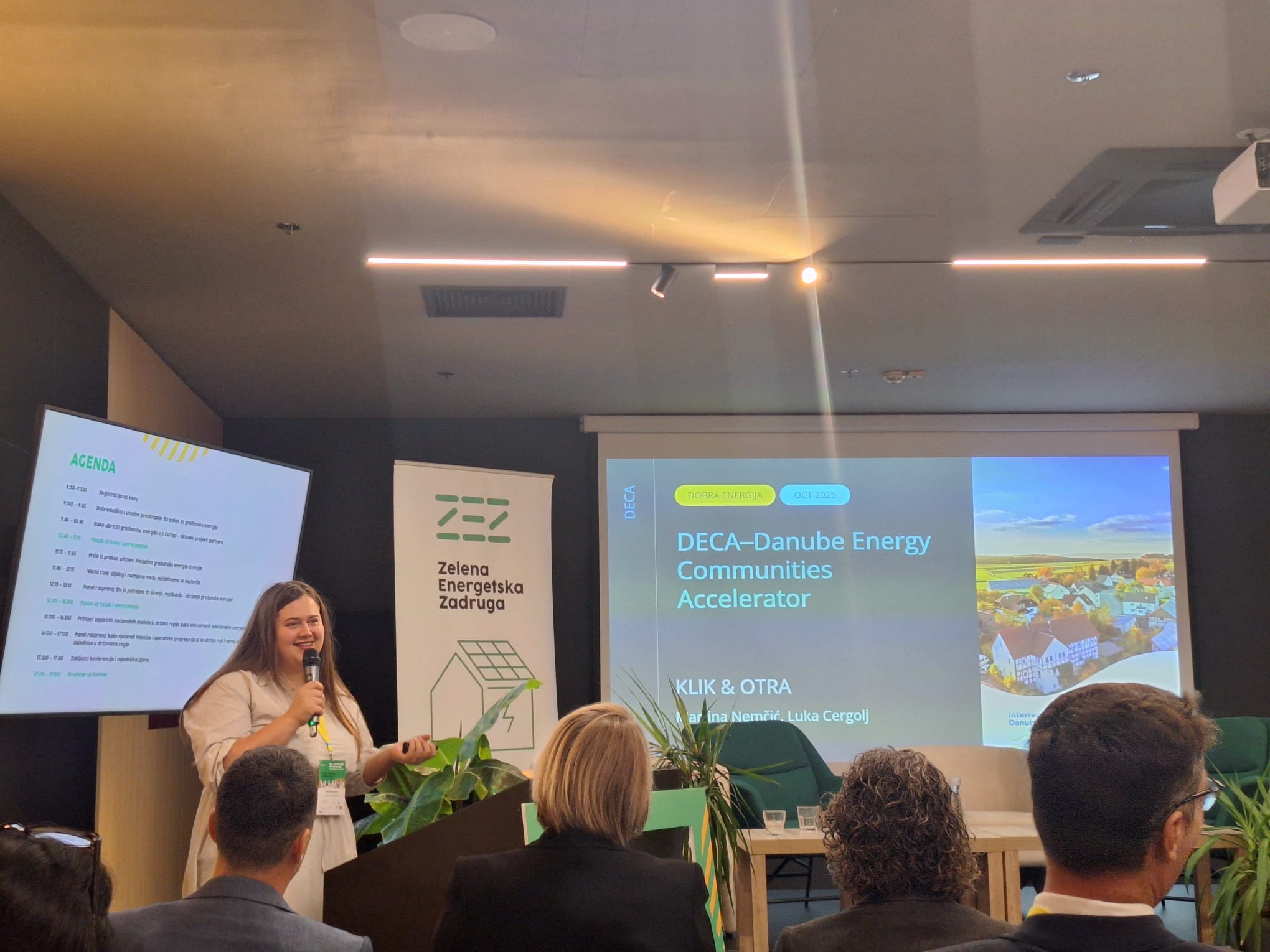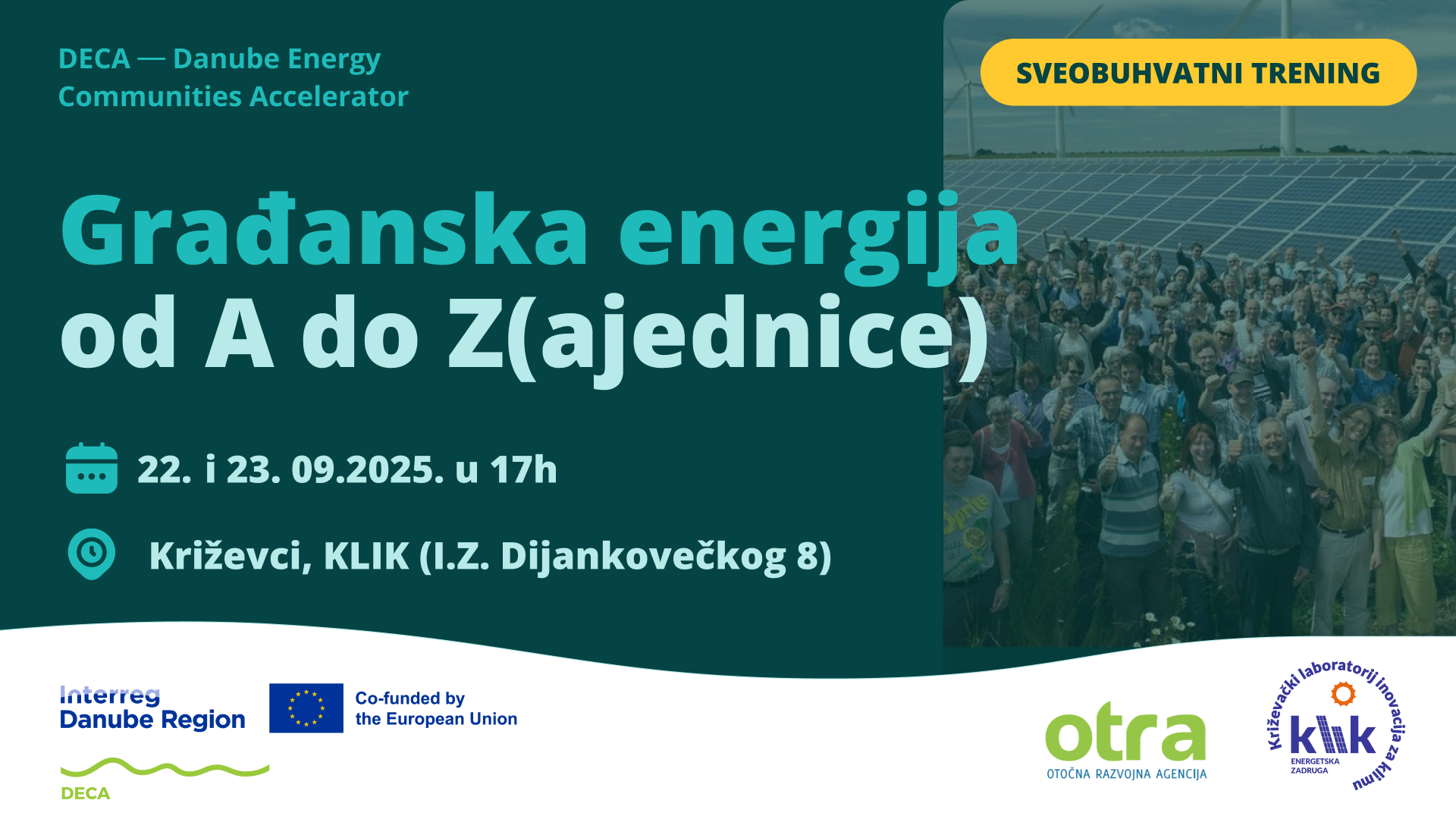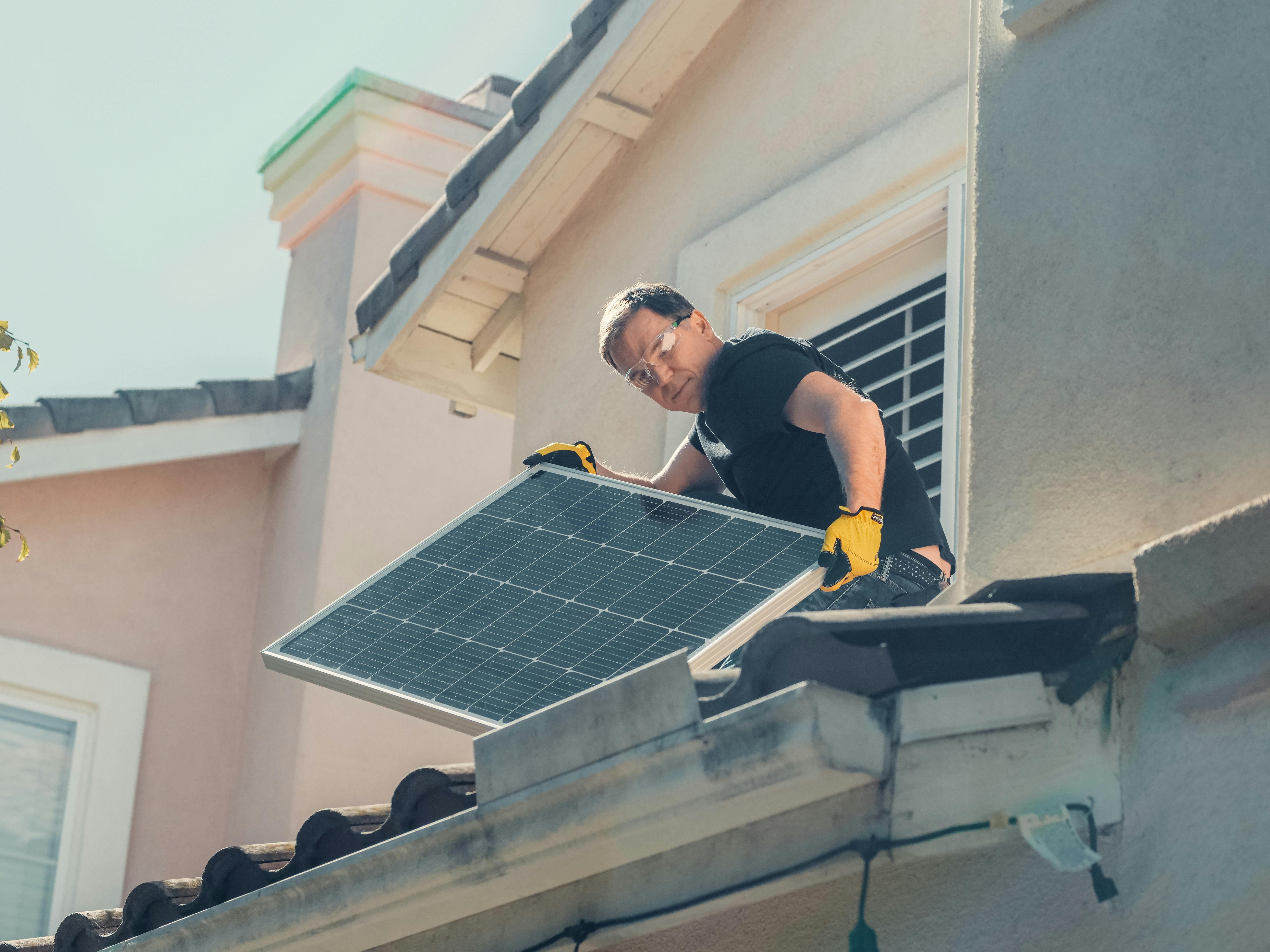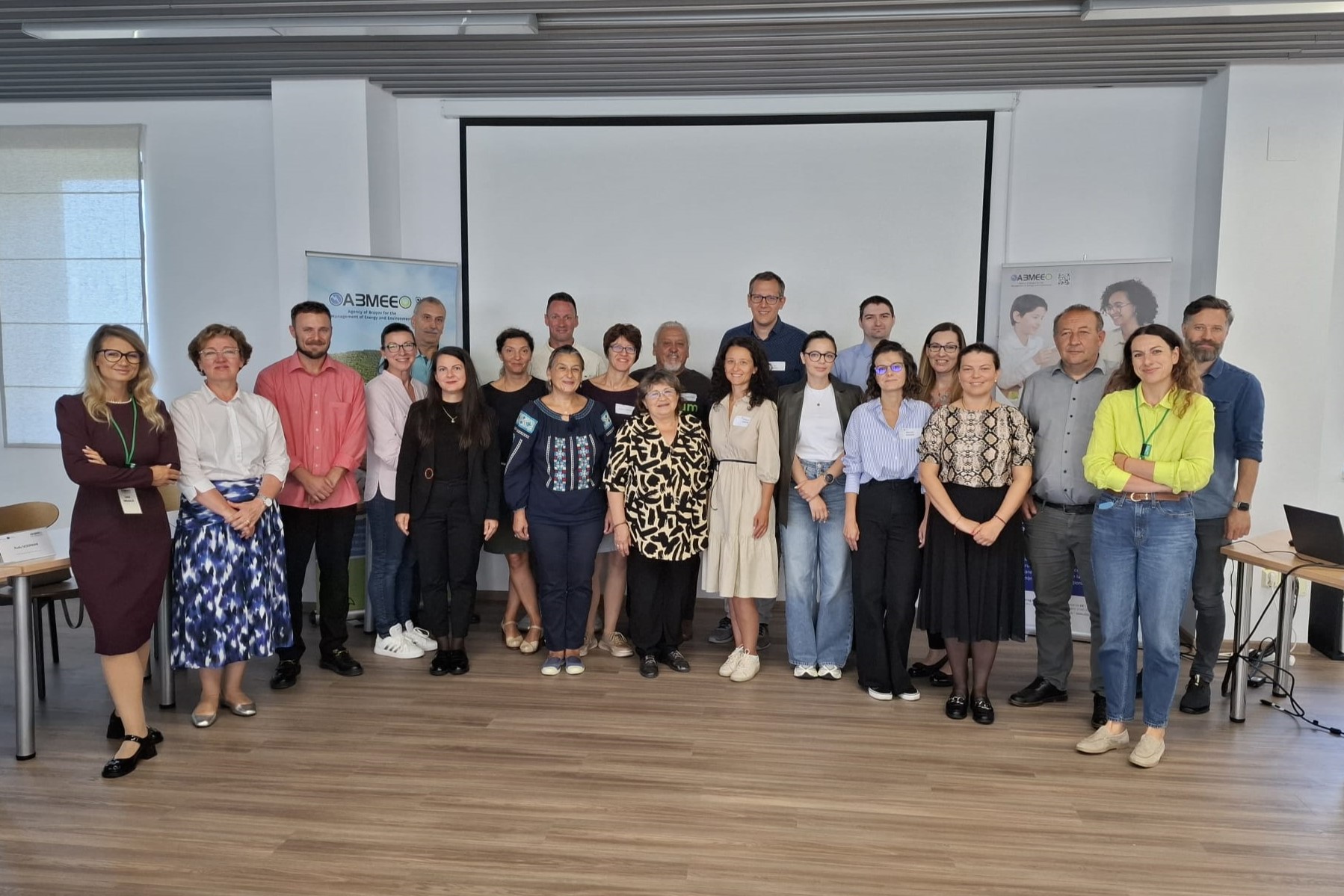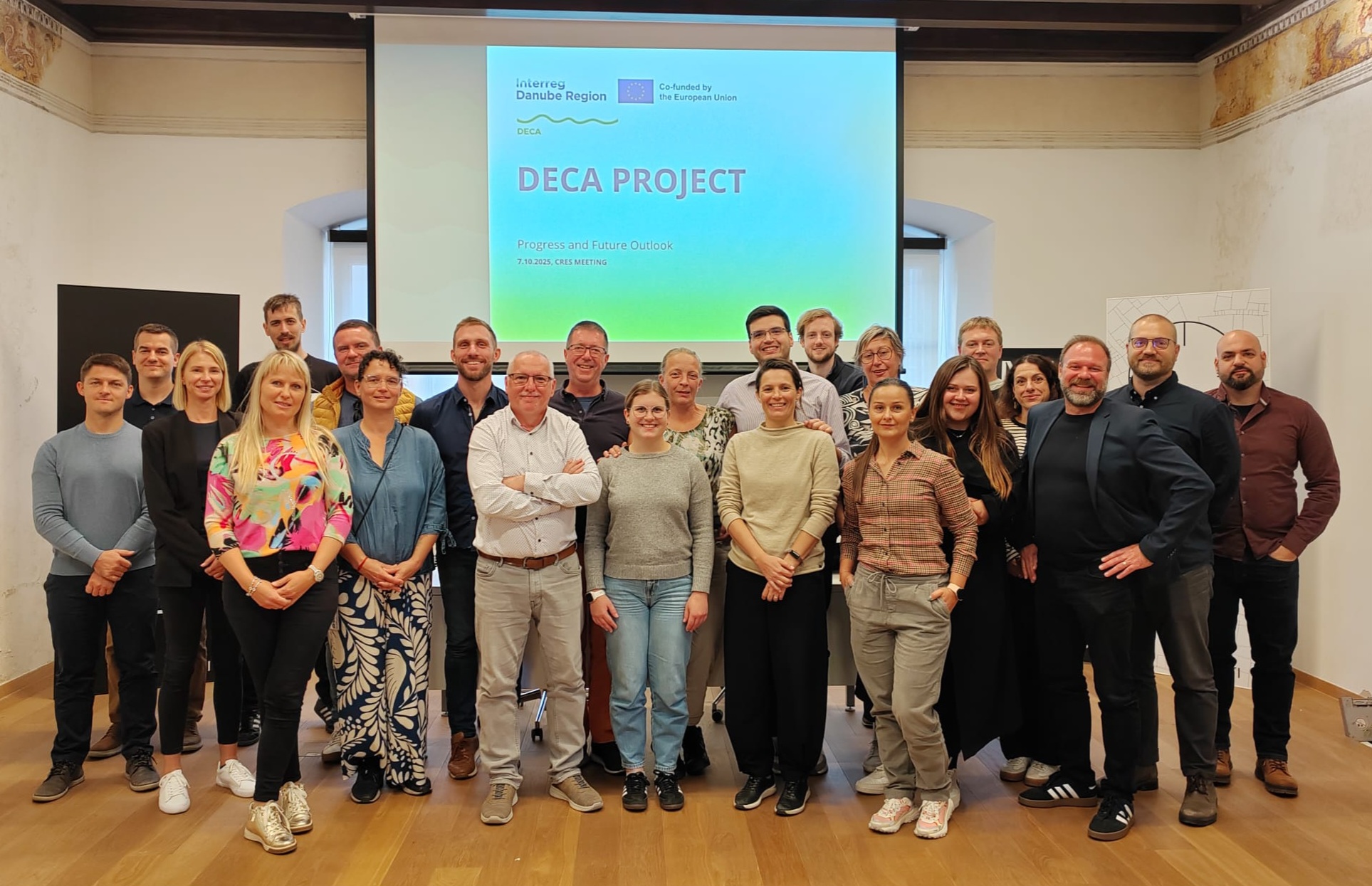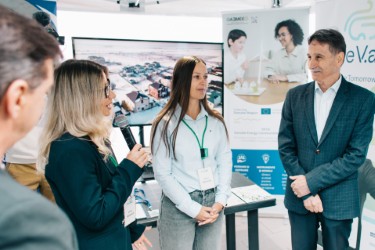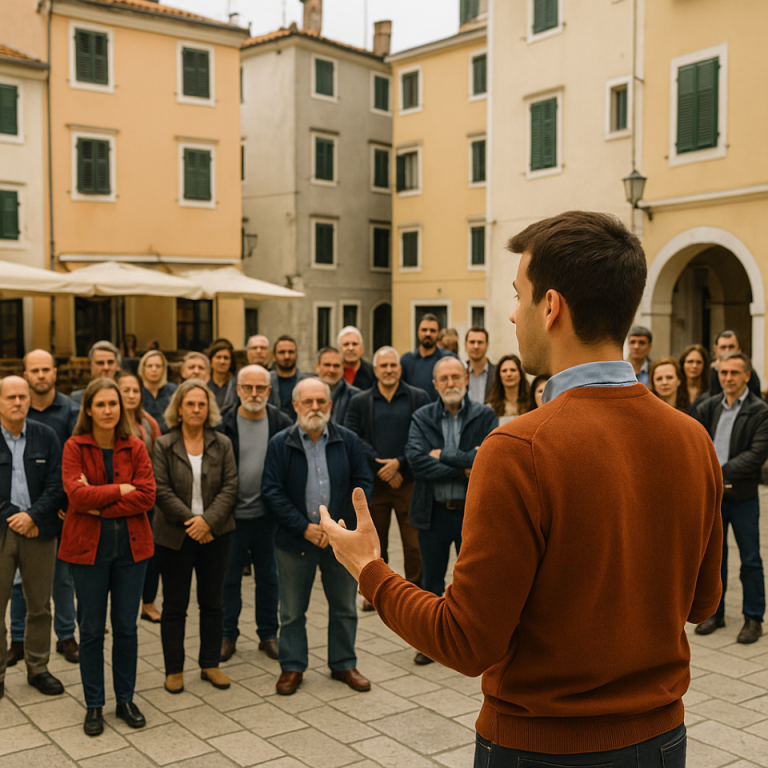Energy Communities can use and share energy, leading toward a low-carbon future
The Clean Energy for All Europeans Legislative Package (CEP) has set the stage for a transformative shift in how communities can use and share energy, leading toward a low-carbon future. The package includes two important directives: the Internal Electricity Market Directive 2019/944 (IEMD) and the Renewable Energy Directive 2018/2001 (REDII). These directives introduce the innovative concepts of citizen energy communities (CECs) and renewable energy communities (RECs), enabling regular people, local governments and small businesses to invest in and use renewable energy sources. These energy communities can take different forms, like cooperatives or social enterprises. Citizen energy communities (CECs) focus on giving everyone a fair chance in the energy markets, while renewable energy communities (RECs) help Europe reach its renewable energy goals.
RECs and CECs aim to promote inclusivity and community engagement for low-income and vulnerable households. However, in some European energy cooperatives, the initial capital investment poses a significant barrier for these communities to participate. This must be addressed promptly to prevent RECs and CECs from worsening social and territorial divisions. Private investment in locally organized renewable energy-based prosumerism is essential, but it's important to consider discrepancies in access to financial resources across European regions.
In this context, the Danube Energy Communities Accelerator, or shortly DECA, proposes a pathway to more engagement, participation and community activation for accelerating community energy.
DECA developed a National Local Energy Transition Needs Assessment intending to deliver more information on the technical, institutional, social and economic barriers that are limiting the successful deployment of community energy action in the Danube Region. Analysing what is impacting the effectiveness of community energy actions, to deploy renewable energy sources while meaningfully addressing structural inequalities in the current energy system, this assessment addressed common challenges among different regions, such as:
• Citizens struggling to take a lead on local renewable energy generation projects because they do not think they can or should, or that they do not know enough;
• Communities needing intensive help and guidance to develop robust renewable energy projects and investments that will deliver maximum community benefits and improve energy security;
• Local and national policymakers needing help to better understand the opportunities of community energy and to create a more supportive policy environment;
• Advice and technical assistance for community energy initiatives still being too fragmented.
This resource is a mixture of qualitative research with stakeholders across the region and an in-depth joint review of common barriers observable from international cases and experiences. This assessment constitutes the foundation of the soon-to-be-developed DECA capacity-building programme.
The rise of energy communities is becoming more important because of the current energy issues in the EU, which are linked to higher energy prices. Energy communities could help us rely less on fossil fuels and meet the goals of the European Green Deal. Projects like the Danube Interreg DECA are working to spread the word about energy communities and show the benefits they bring to local areas.
More about DECA
Mission
To test how citizen-led renewable energy actions can be accelerated across the Danube Region, meaningfully impacting the region’s transition to higher renewable energy use, energy independence, climate neutrality and prosperity.
Vision
Empowered communities actively participating in a just energy transition towards renewables, leading to significant reductions in carbon emissions, progress on the way to climate neutrality and a more equitable social development that allows local communities to secure sustainability and economic strength.
Aim
To raise awareness about the benefits of community energy, build capacities and develop solutions and a transnational strategy for accelerating community energy across the Danube region.
Consortium
• E-zavod, Institute for Comprehensive Development Solutions
• Goriška Local Energy Agency, Nova Gorica
• Korimako
• KLIK, energy cooperative
• OTRA, Island Development Agency
• TUKE, Technical University of Kosice
• EGTC Alpine Pearls ltd
• REIC, Regional Education and Information Centre for sustainable development in Southeast Europe
• Agencija CT, Agency for development and business support Cetinje
• MTVSZ, National Society of Conservationists
• CORE, Centre for Sustainable Energy Development
• ABMEE, Agency of Brasov for the Management of Energy and Environment
News & Events
Read the most recent updates and explore the upcoming events.

